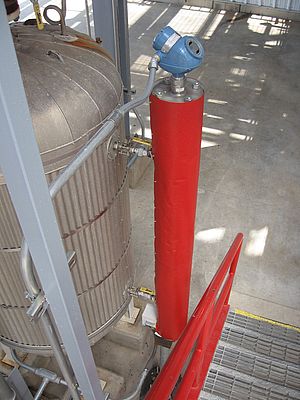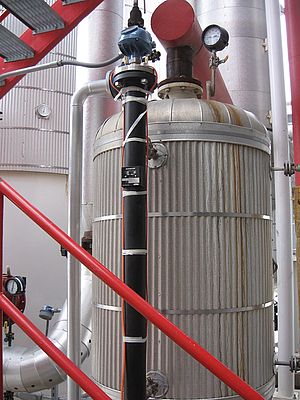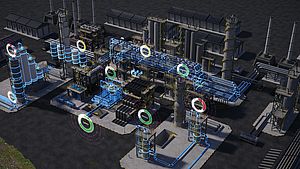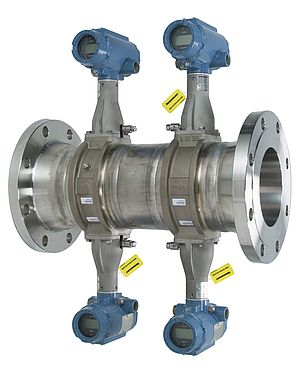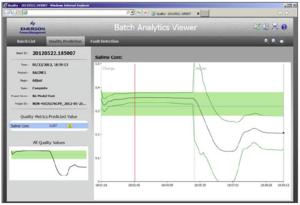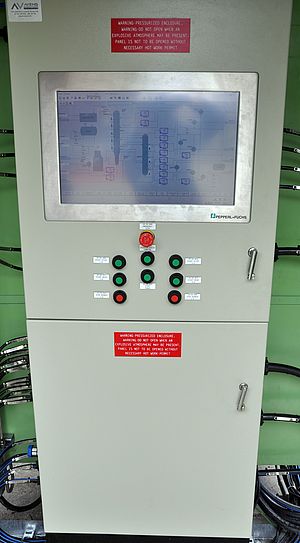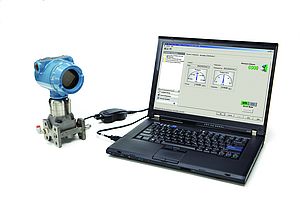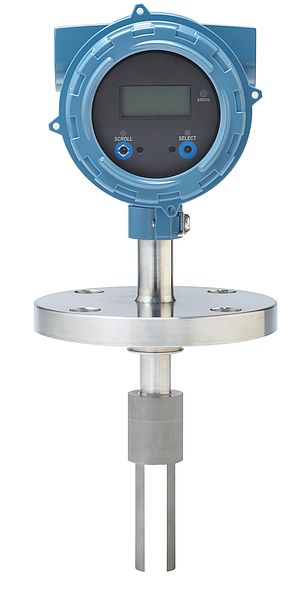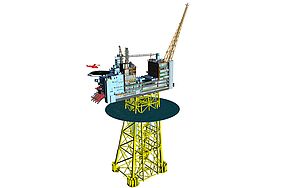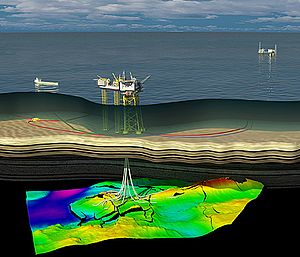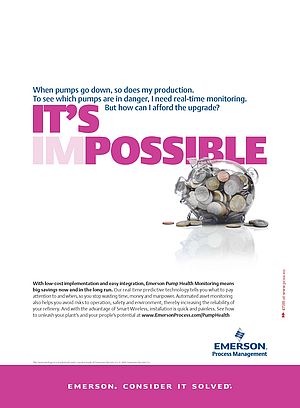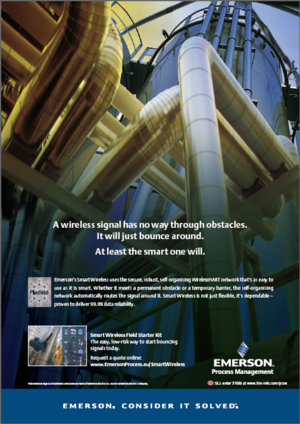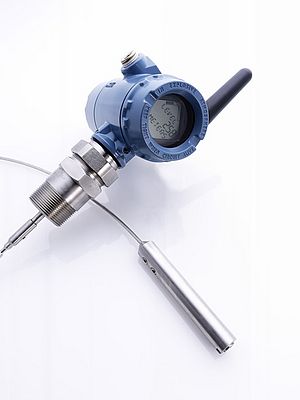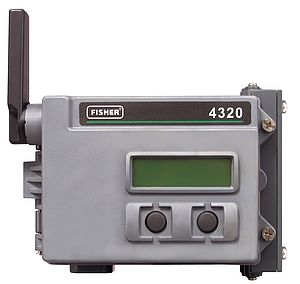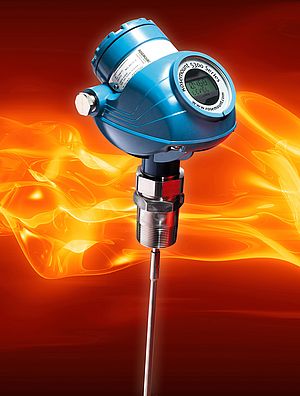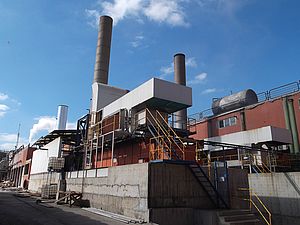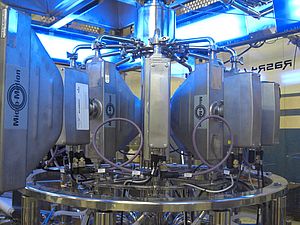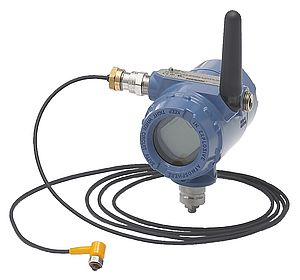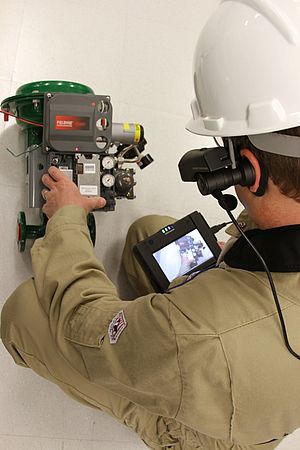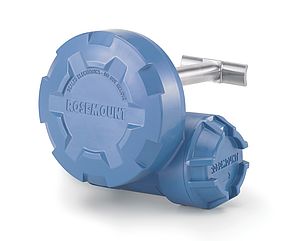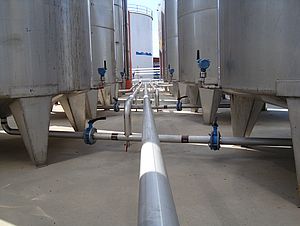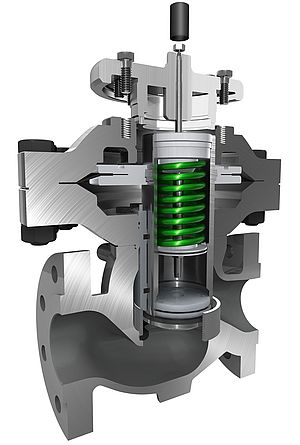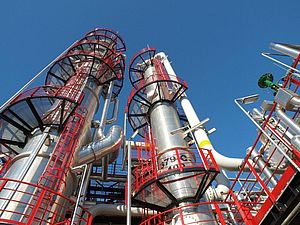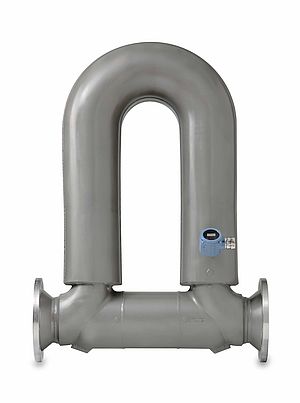Absolute Energy LLC has installed Emerson’s Rosemount guided wave radar (GWR) and chamber technology to monitor the water level in a condensate receiver for a sieve dehydration process at its ethanol production facility near Lyle, Minnesota, USA. Replacing the plant’s existing level transmitters, the new equipment has helped avoid shutdowns that can cost as much as 13,500 Euros an hour in lost production and potential equipment damage costing over 135,000 Euros. “Our condensate receiver levels went from being a constant headache to being hardly noticeable because the GWR is so reliable,” said Travis Rosenberg, Maintenance Manager, Absolute Energy. “The increased reliability has helped us to lower the risk of equipment damage, increase plant availability, decrease energy and utilities costs and reduce maintenance costs.” The 435 million litre per year plant identified a way of improving operations by increasing the reliability and availability of the condensate receiver tank on the steam heat exchanger. The availability of the condensate receiver is critical to continuous operation of the heat exchanger and molecular sieve dehydration process. If water levels get too high in the receiver, temperatures in the heat exchanger drop, which can cause wet ethanol to enter the molecular sieve beds. This forces the process to be shut down and the ethanol-water mixture to be reprocessed. Previously, the level measurement was performed by DP transmitters mounted on wet legs. Excursions from high vacuum to low pressure in the condenser make it challenging for DP technology to monitor the levels in the tank reliably. The pressure changes can cause the fill heights in the wet legs to vary widely, making it difficult to get a reading during start-up and providing errors in accuracy of as much as 20%. Also DP technology is affected by density changes of the measured fluid, which impacts the accuracy as well. The unreliable level measurements affected operations. When the condensate levels got too high, the upset led to a molecular sieve dehydration process shutdown – which can cost as much as 13,500 Euros in lost production per hour. If temperatures drop in the heat exchanger and the upset occurs before the wet process stream is sent into the sieve beds, the heat exchanger has to be shut down and restarted. It then takes 20-30 minutes to get the process running at full speed, resulting in decreased throughput and increased energy costs. This type of upset occurred every other week. If the upset occurs and the sieve beds get wet, the process shutdown lasts between 36 and 48 hours because the beds must be shut down, regenerated, and restarted. While this type of upset is not common, wet sieve bed occurrences eventually lead to extensive equipment damage that combined cost over 135,000 Euros. To address these challenges, Absolute Energy replaced the DP measurement with Emerson’s Rosemount 5301 Guided Wave Radar (GWR) and a Rosemount 9901 Chamber. This Rosemount 5301 GWR provides a highly accurate and reliable direct level measurement. The major advantage of GWR technology is that it is independent of density changes and it manages changing pressure conditions without compromising reliability. A Rosemount 9901 self-contained chamber was installed for externally mounting the Rosemount GWR to the vessel. This arrangement enables the instrument to be isolated for routine maintenance while keeping the plant operational. Installation was very easy, as the chamber was simply mounted on the existing process connections. The improved control of levels in the condensate receiver means this measurement point is no longer a maintenance headache. As a result, Absolute Energy has increased plant availability, decreased energy and utilities costs, reduced maintenance costs, and lowered the risk of equipment damage.
Guided wave radar
for ethanol production facility
- by Emerson Automation Solutions
- June 21, 2011
- 15741 views


